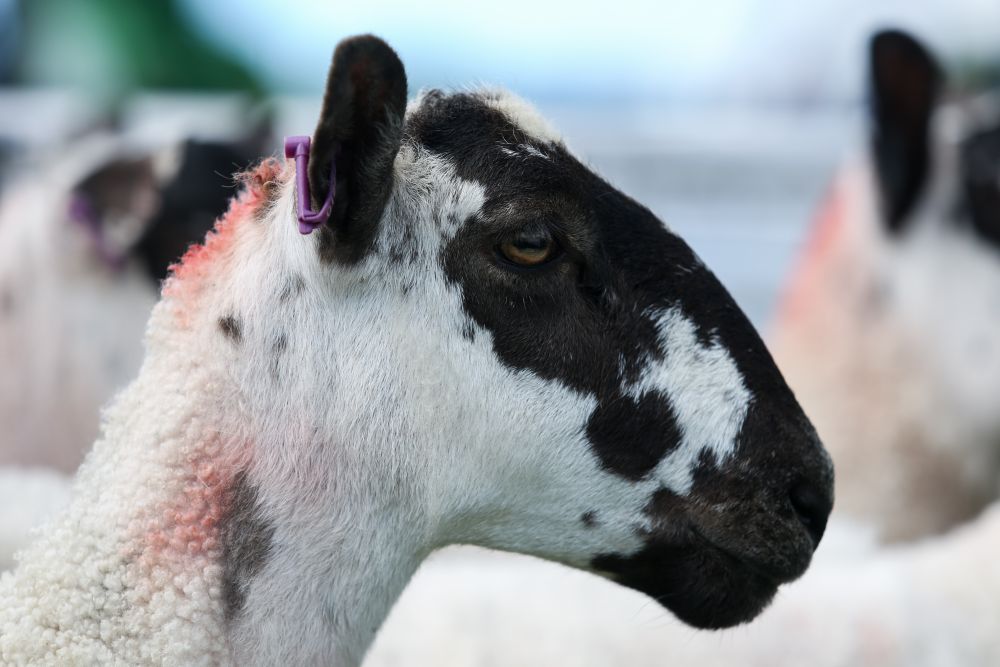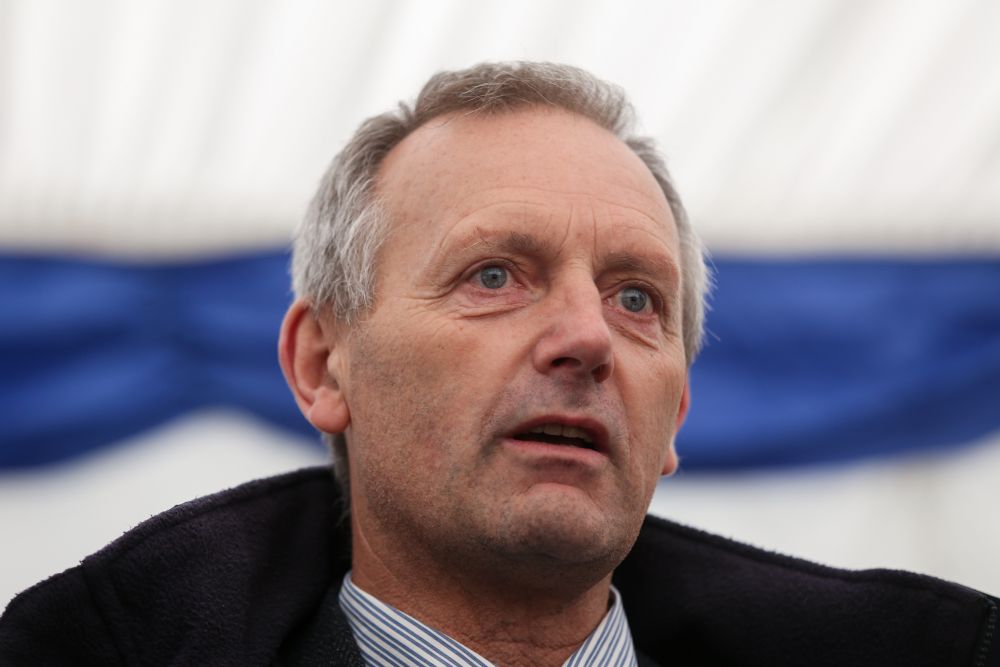Video: UK sheep industry warns of potential volatility of Brexit

The leader of the United Kingdom's sheep farmers warned during this year's North Sheep event about potential volatility for the industry in the face of Brexit.
Phil Stocker, chief executive of the National Sheep Association (NSA) said that if the UK lost access to the Single Market, tariffs to the European Union could be so high that exporting lamb to the EU would simply not work.
He also raised concerns about the threat of cheap Australian and New Zealand lamb imports to UK farmers if the British Government allowed free access as part of newly negotiated trade deals.
Speaking on the eve of the General Election (7 June) he said there are some big question marks at the moment.
“We have got the election coming up tomorrow and, shortly after the election, within 10 days or so I understand, we will be starting those Brexit negotiations.
“The big question mark is access for UK lamb to the European Single Market. At the moment about 35 per cent of our production would be exported and virtually all of that - 96 per cent - would go into the European Single Market tariff free at the moment,” said Mr Stocker.
'Massive sum of money'
The biggest European market for British lamb is France.
The weakness of Sterling since the result of the EU referendum was announced has helped to make British exports more competitive but, if British farmers lose access to the Single Market, export tariffs could be punitive.
“The levels of tariff could be very, very high,” said Mr Stocker. "If you look across all agricultural products, they would be the highest.
“You hear figures from 40 per cent to 51 per cent the level of tariff on the value of product. That is a massive sum of money and it is enough to make that market not work.”
He said the nature of any trading deal negotiated with the European Union during Brexit talks was crucial.
“If we end up having to pay tariffs on lamb going into Europe, the future for our market is really going to be quite difficult.”
He said there was talk of deals with other countries outside the EU but these would take time to negotiate.

“My big concern, I think, is that period between 18 months time when we come out of Europe and maybe five or 10 years when maybe some new trade deals open up. That period could be quite tough, actually.”
Protection from cheap imports
Even if trade deals could be negotiated with countries like Australia and New Zealand, he said British farmers would need some protection from cheap imports.
He continued: “We do have concerns. If we suddenly ended up with increased volumes of lamb coming onto this market at times when UK lamb was at its peak, it could have a really negative impact on us. At the moment New Zealand work within a quota.
“As we come out of the EU that quota is going to be re-discussed. No-one is quite certain about whether it's a quota from New Zealand to Europe or to the UK - what proportion, what share will we need to take.
“So all that is really up for discussion and, if we end up with more coming into the UK than we have at the moment, it will create problems, there's no doubt,” he said.
“So we will need to protect ourselves against imports, recognise there is a value in New Zealand lamb coming in at certain times of the year and giving us continuity of supply throughout the year and recognising the value of those export markets to our production. But it's just going to add to the volatility over this next few years.”
65% self-sufficient
Mr Stocker said that the British sheep industry needed to look at the domestic market.
He said that the UK was currently about 65 per cent self sufficient. The industry should probably look at increasing that figure to 75 or 80 per cent.
“We should be looking at our level of self sufficiency and the development of our own domestic market and consider whether we would be more secure and sustainable if we developed our market here. It might help us be more resilient and help us overcome some of that volatility.”
He said that the sheep industry had not been as innovative as other sectors in marketing new ways of preparing its meat.
“We have not tapped into the artisan market yet we have a great diversity of breeds in this country.”
He said British consumers were particularly interested in trying new recipes and new ways of cooking. The industry should look at ways of developing this.
Support payments
Phil Stocker was also asked about the issue of support payments once the UK leaves the European Union. British farmers currently receive support through the EU's Common Agriculture Policy.
What will happen to financial support following Brexit is unknown, although there has been some suggestion that the UK could move away from direct payments towards funding for environmental schemes.
Phil said that the industry had a good case for financial support to continue. He said the benefit farmers provided in maintaining the landscape and the environment was clear.
He said the National Health Service and other services would have demands on public money but there was still good reason to maintain support for farmers.
The North Sheep event, which is staged every two years, was held this time at West Shields Farm at Tow Law in County Durham - the farm of WH & J Smith & Sons. The event was opened by the Duke of Montrose.








